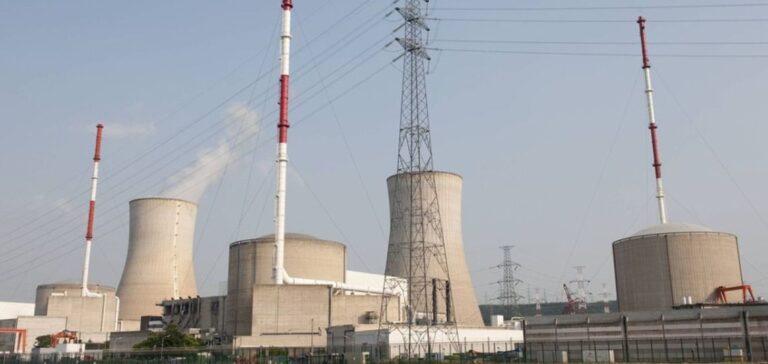A team from the International Atomic Energy Agency (IAEA) has concluded an 11-day mission to Poland, assessing the country’s preparations to launch its first nuclear power plant project. The team reviewed 19 nuclear infrastructure issues and identified a number of best practices that could benefit other countries developing nuclear power, in tandem with the development of the wind power market already underway.
Progress and preparations for PNPP
The Polish Nuclear Program (PNPP) is making structured progress towards the construction phase, with dedicated teams in each key organization. These efforts are underpinned by a strategic contractual approach, well-planned financing, and early interaction with technical support organizations and power grid operators in a bid to keep energy costs down.
Regulatory challenges and legal framework
Despite the progress made, there is still a need to review the country’s regulatory and legal framework and finalize the preparatory work for the contracting and construction phases. These adjustments are crucial to bring our plans into line with international safety standards and regulations.
International collaboration and local support
Poland benefits from close collaboration with the IAEA, strengthening its nuclear regulatory framework and advancing its nuclear program. This cooperation is also reflected in American support, notably via the US ambassador to Poland, who stresses the importance of this project for Polish energy security and the country’s energy transition.
U.S. Ambassador to Poland Mark Brzezinski describes the event as, “another milestone as Poland and the U.S. work together to create a civilian nuclear industry in Poland, and it shows that the U.S. respects our shared commitment to Poland’s energy security and supports Poland’s energy transition.”
Next steps and economic impact
With the imminent start of construction work on the Lubiatowo-Kopalino power plant, this project is taking on a concrete form. Geological surveys and site studies will provide essential data for plant design. The involvement of firms such as Bechtel and Westinghouse demonstrates a strong commitment to this project, which is crucial to the local economy and Poland’s industrial development.
The progress of Poland’s first nuclear project represents a significant milestone not only for the country’s energy sector, but also for European energy strategy, marking a decisive step towards cleaner, safer energy production.






















